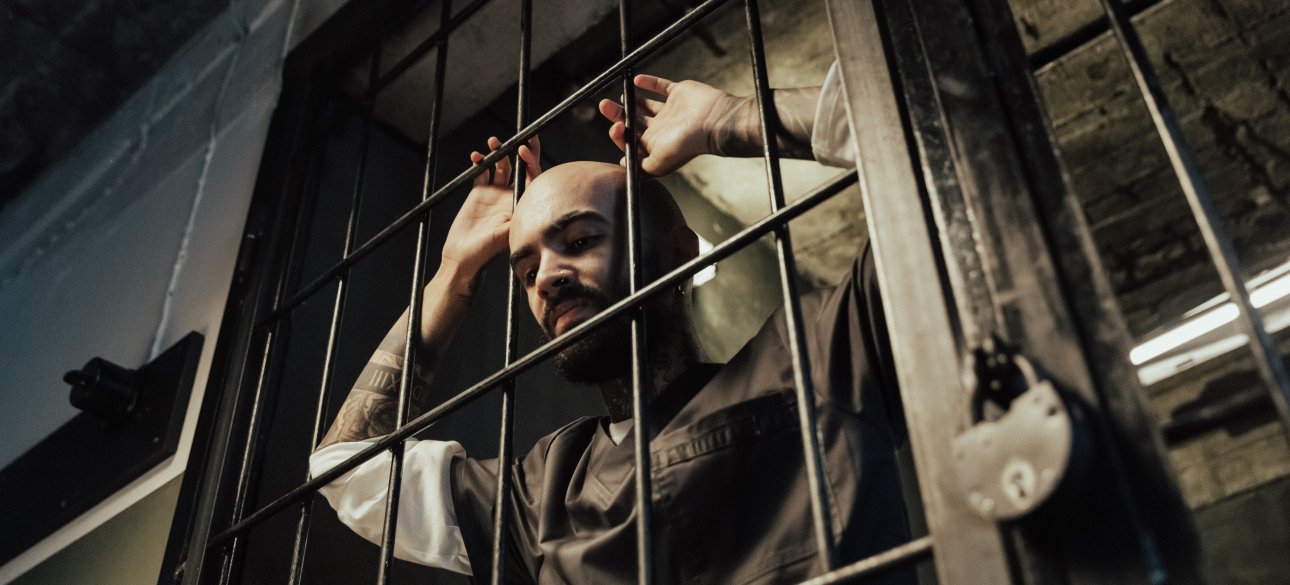
At least three of the attackers have been sentenced to long detention, but are in the Rostov detention center. After the negotiations, the Russian authorities sent Omon units that released two prisoners and killed all six terrorists. The Russian media focused on the religious affiliation of prisoners, stating that they were related to the Islamic state and promised investigations. But officials suddenly ceased to discuss these events because of fear that they can even split Russian society.
The prison clash is the last in a series of events that reflect increased internal instability in Russia against the background of war against Ukraine, and this is increasingly attracting the attention of the Russian public. The actions of such a small group of prisoners and a fully expected response of the authorities may impress that this clash is a minor event.
However, even a limited amount of information available information reveals much broader problems in the Russian criminal justice system, including the extreme overfilling of correctional institutions and a serious shortage of protection. The hostage situation indicates the collapse of the traditional Russian prisoners through the use of ordinary criminals to control political.
This system is increasingly failing to increase the number of Muslim prisoners, on the one hand, and Ukrainian on the other. These problems already affect Russian society in general and will undoubtedly affect the political elites, as Putin will sooner or later weaken and leave the stage.
Political scientist of the Portal "Club of Regions" Sergey Starovoitov says that an increase in the number of Muslims in Russian prisons, the departure of many ethnic Russian criminals to fight to Ukraine and the influx of ethnic Ukrainians into the Russian penitentiary system mean that the Union between prisons and ordinary Russian prisoners Against minorities broke up.
So, the control of prisoners in general is now worse than ever, starting in the 1990s, and this causes the rebellion in the Gulag at the end of Stalin's life and especially after his death. The uprising and other actions in Russian prisons are becoming more and more extremely massive. However, most of them did not attract attention because Moscow has stopped publishing most of the penitentiary data, which complicated access to information about what was happening behind the walls of prisons.
The current case is no exception, regional officials diminish information about the incident, stating that there are no serious problems. But such silence seems to have the opposite effect. It forced some to assume that the Kremlin himself organized the abduction to ignite ethnic feelings and gain support to further restrict information about prisoners and access them.
Many independent journalists and human rights defenders began to investigate this issue - and they concluded that Moscow's problems with the penitentiary system, and are already large, are just growing. The conditions in Russia's penitentiary system were almost always bad. However, they are worse than ten years ago, because Putin has reduced the cost of prisoners, closed some prisons and created the conditions under which prisoners are becoming more likely.
To save money, Putin has increased the number of prisoners in almost all the remaining prisons, while reducing the number of guards to supervise them. In Rostov in a pre -trial detention center for only 500 people, there are more than 900 prisoners, and the guards there are 30% less than before. This means that prisoners are not divided depending on whether they were convicted, which enables the convicted person to recruit those who are still waiting for court.
Not surprisingly, these two factors, according to experts, caused riots among prisoners. An even more important factor that is on increased problems for the Russian penitentiary administration is the change in the composition of the prison "population" and the consequences of this for relationships between prisoners and guards. In the past, the guards united with the guilty crimes and allowed them to manage political prisoners.
Although this is still happening, the balance is now changing against criminals. In Putin, the number of political prisoners has increased, including not only opposition, but also with a large number of Muslims, which can only be guilty of confessing their faith. In addition, in the last two years, many Ukrainians have been captured during the full -scale war of Putin and were imprisoned in Russian prisons.
The number of these groups is particularly large in Rostov, where prisoners are at least 20 percent of those who are detained, and Ukrainians are the same as not more. At the same time, many criminals voluntarily went to Ukraine - that is, those who were looking at potential allies. All of these trends indicate an increase in problems in the penitentiary system, including corruption, as guards try to improve their own position by entering into various agreements.
These events begin to go beyond the walls of prisons. Almost all prisoners have families, as well as compatriots and fellow believers who are worried about them. Therefore, Moscow diminishes any conflicts and deploy campaigns against politicization in the penitentiary system. However, many of these efforts were unsuccessful, including the decision not to give the bodies of the dead - an action that only attracts attention and exacerbates anger.
These disappointments now extend to people not directly related to prisoners but are concerned about what the uprising in prisons can threaten. Some, in particular, Duma deputies, even demanding the release of prison officials - requirements that the Kremlin will be difficult to fulfill.










All rights reserved IN-Ukraine.info - 2022